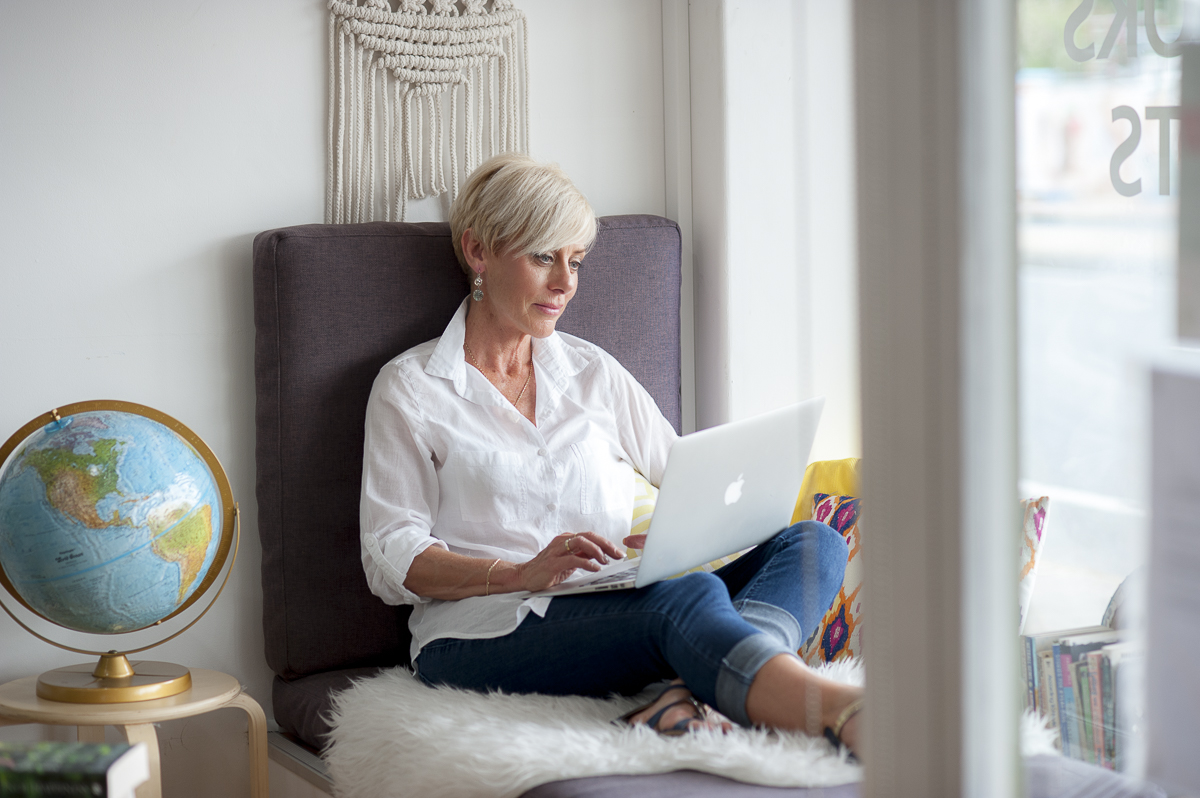Having been known as socially outgoing and interactive, I often wondered why it was then that when working in an office environment and with other people I got frustrated. I’m an ideas person, always linking the ‘solutions’ to any challenges that may present themselves. Thinking outside of the square has come naturally and I have enjoyed the many entrepreneurial businesses and products that have occurred as a result. Yet the frustration at the end of each day came more from a place of not having completed all of my ‘to do list’, still feeling like the ideas I had started the day with to improve my work were still just ideas.
As the years progressed I discovered that when the office was clear at lunchtimes or when everyone had gone home, my ‘flow’ of productivity peaked. I also discovered that whilst I enjoyed others company at social events I was much more comfortable with my own company….at home!
Surprisingly to some, the discussion of flexibility in the workplace has been occurring for over several decades. Indeed a perfect example is the book written by Suzan and Jeremy Lewis in 1996 – ‘The Work/Family Challenge – Rethinking Employment’ (1) which covers all aspects of the conversation including Policy, Reconciliation and Barriers. Both Unions and individuals alike have continued the conversation and in many sectors the flexibility has started to become a part of company policy however for most women it hasn’t been enough to allow them the benefits perform their jobs to a significant standard as many employers expect.
Then COVID19 happened and the global pandemic forced that flexibility into the workplace. Men and women around the world were suddenly required to adapt and find solutions to their work by staying at home. Social media has been flooded with hashtags and photos of people finding ways to conduct meetings and continue to produce effective results for their jobs.
In a recent article written by Meredith Turits for the BBC (2) she observes – ” The most productive remote workers also know they don’t have to be tethered to their desks in order to set boundaries and delineate work from leisure. They’re better at what are called ‘micro-transitions’ between tasks and environments, says Jean-Nicolas Reyt, assistant professor of organisational behaviour at McGill University in Montreal.
That means you can get up and walk the dog, but you then have to set another boundary the moment you get back to work for a specific amount of time, or tackle a specific task uninterrupted. “You don’t have to commute for an hour and a half to transition,” says Reyt. What matters, he says, it just getting in the habit of practicing creating those hard lines.”
So it has become clear that in the last 10 years where I have chosen to work from home and created a company remotely, my ‘guilt’ for feeling judged doing this has all been misplaced. Clearly I am an introvert who has mastered the art of confident social interaction when required and become a good example of being significantly more productive all on my own!
No disrespect to my fellow coworkers in the past however it is really lovely to have my day planned out and scheduled, including work/life boundaries, and know that at the end of the day those ‘ideas’ in the morning are probably going to be in full play and action by the time I ‘clock’ off. It’s great to hear about others lives and what they did last night, however for those of us who relish that every working hour holds the potential to create something special….the new ‘norm’ of working from home feels like a big ‘winner’ in these unprecedented times.
The next 12 months will show how companies have or have not embraced this forced flexibility and I predict those who have navigated their way with employees will no doubt be the future success stories in our brave new world.


